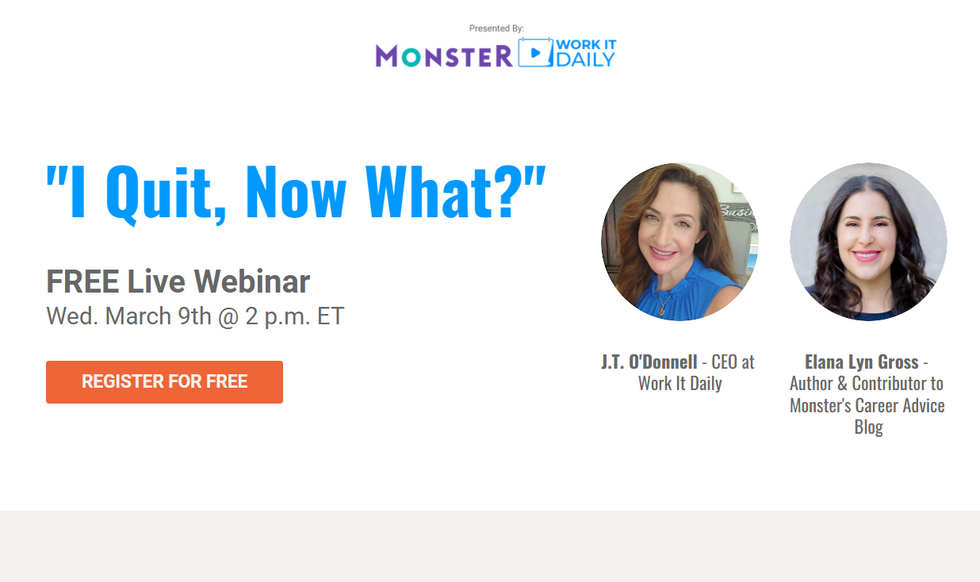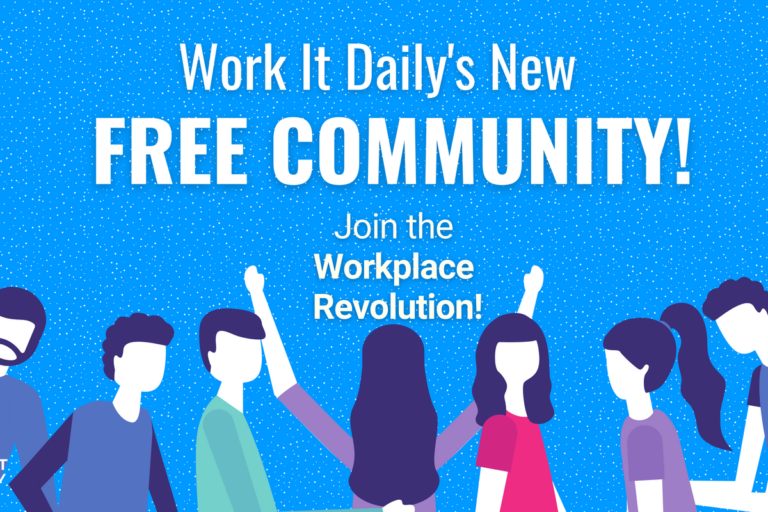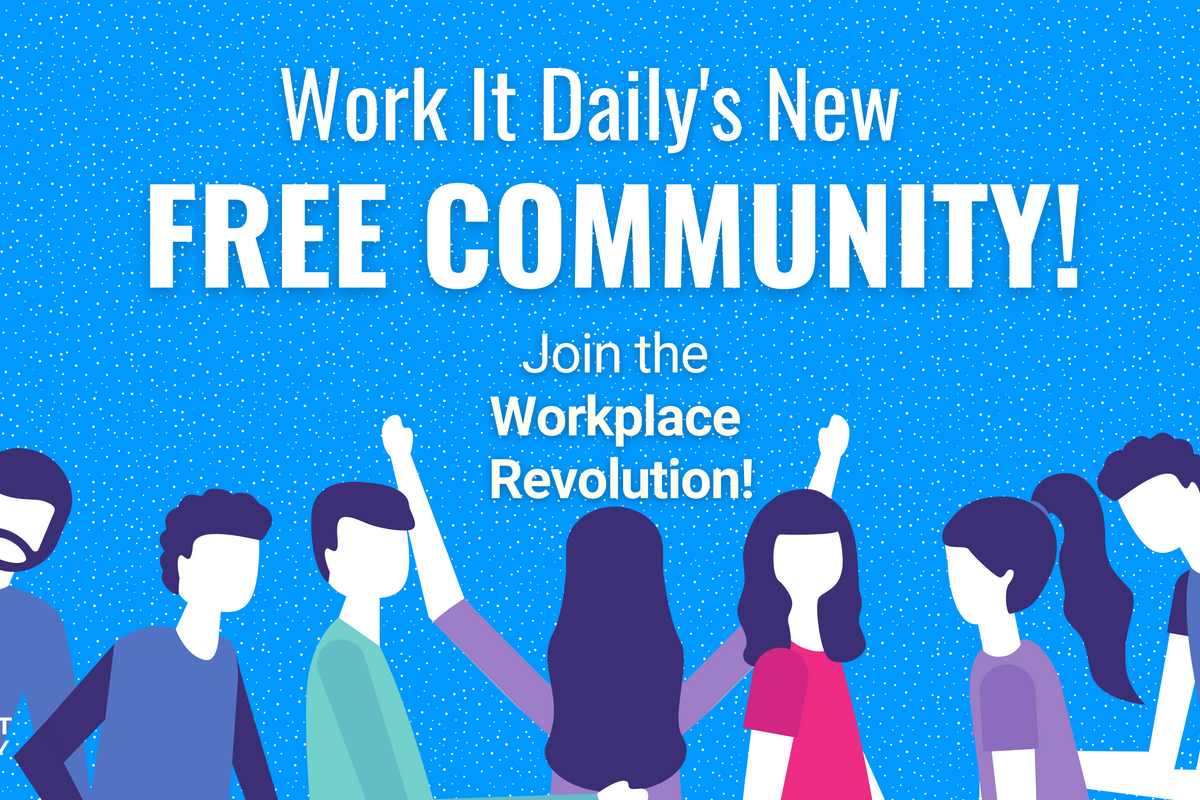
If you’re in the middle of a frustrating job search, the holidays can be the worst time of year for you. It may not exactly bring out the best in you when old Auntie June keeps asking why you haven’t found a job yet. So, what should you tell your family and friends over the holidays (or at any get-together) when they badger you about your job search?
Before you pull out your hair, check out these tips from our experts:
1. Move Away From The Subject
When you’re visiting with an old relative, there always seems to be that uncomfortable point in the conversation when you’re asked about your “situation” with work. Instead of grinding your teeth and getting upset, politely tell Uncle Roy you appreciate his concern, assure him you’re continuing your search, and tell him you’ll let him know when you’re situation changes for the better.
“Since it’s the holiday season, [tell them] you would prefer for the time to enjoy their company rather than focusing on job search activities,” says professional resume writer, Debra Wheatman.
“You can move away from the topic by shifting to something related to how they are doing and what is going on in their lives.” Lisa Adams, job search strategist and speaker, says to go about changing the subject gently, as they are only asking about your search because they care. Here’s how she handled the situation while her husband was in transition:
“I so appreciate you asking. We are doing fine. We have some things in the works but we are choosing not to discuss them at this time. When we have an offer and know where we will land, you will absolutely get the word.”
Then, Adams suggests tactically moving on to asking about them. “Talking about light-hearted topics that make everyone laugh or smile is always good,” she says. “Who couldn’t use that? I’ll tell a funny story about my youngest son who is a comedian by nature and is always doing something humorous. Give it a try.”
2. Realize They Do It Because They Care

After being asked about your job search efforts for the fifth time, it can be hard to remember that your family is just trying to help. “See the question for what it truly is: care and concern for your well-being,” says Ben Eubanks, founder of UpStartHR. “I remember getting tired of answering the question for people when I was job searching, but they only ask because they care about your career success. Use it as a chance to practice your elevator speech and enjoy the time with family and friends.” So, even if it’s hard, try to be patient and treat them with respect.
3. Make Them Feel Helpful

Your friends and family probably have the best of intentions by asking about your job search, but it can be frustrating when they continue to badger you about your employment prospects. To keep the peace, thank them for checking in with you, but let them know that your job search is proving to be more challenging than you had hoped.
Amanda Haddaway, author of Destination Real World: Success After Graduation for New and Soon-to-Be College Graduates, suggests using their concern as a positive and asking them if they have any contacts in your field or know of any openings that might be in line with your skill set. “Chances are good they really do want to help, but don’t know how,” she says. “If you can engage them as a ‘job search helper,’ it might turn out to be a win-win situation.”
4. Keep Your Answers Short, But Positive

When we say “short,” we don’t mean snappy, one-word answers. You can craft a short, to-the-point response that will satisfy most family members.
Leadership and management career coach Dorothy Tannahill-Moran says to keep your responses short and upbeat or they may slip into “problem-solving mode” if you aren’t careful. “If they continue to probe after your short answer,” she says, “remain consistent with short, upbeat responses. We often think under these circumstances that we need to get detailed but if you think about many other conversations, especially around Thanksgiving time (with loads of people), they are usually fairly superficial and short.”
Don Goodman, a certified resume writer, suggests saying something like this: “It’s going well, but I am being choosey about who I join next and I haven’t found the right firm yet.”
5. Set Boundaries

“The most important thing is to recognize you don’t owe an explanation to anyone but your spouse about how your job search is going,” says executive job search coach Cheryl Simpson. “You can and should set boundaries with your extended family and friends by making clear what you will and won’t talk about.” Simpson suggests saying something along the lines of: “I appreciate your concern and interest about my career search. I don’t wish, however, to burden this gathering with details. Suffice it to say that my search is going well and I am pursuing a range of exciting opportunities.”
6. Think About It from Their Perspective

“Questions like these can be frustrating to answer,” says Kristin Johnson, a certified job search coach. “You probably feel as if you sound like a broken record.” Once you think from their perspective, you’ll be able to answer the question with a genuine, appreciative question in return. It might sound something like this (using an admin position as an example):
“I’m looking to put my support skills to use in an office setting in the automotive industry. I have been looking at ABC and XYZ companies. I’d love to talk to someone at either of those. Do you have any contacts there? What suggestions do you have for me?”
“Eliciting specific information from your family will give you something to talk about and help them help you,” she says. “Definitely something to be thankful for!”
Looking for a job can be an incredibly frustrating and stressful experience, and feeling like you have to explain yourself to others only adds to it. Remember these six tips the next time your family or friends ask about your job search. You’ll successfully avoid any unpleasant conversations—or at least shorten their duration!
Struggling to find a job?
Check out Work It Daily and all of our career resources. We’ll help you feel empowered in your job search so you can land the right job for you.
This article was originally published at an earlier date.


















































